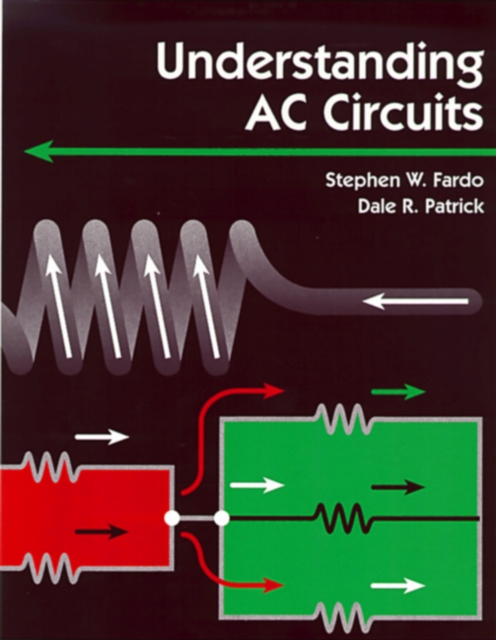
Understanding AC Circuits PDF
by Dale Patrick, Stephen Fardo
Description
Understanding AC Circuits covers the second half of a basic electronic circuits theory course, integrating theory and laboratory practice into a single text. Several key features in each unit make this an excellent teaching tool: objectives, key terms, self-tests, lab experiments, and a unit exam. This new edition has been thoroughly revised and updated by the authors to reflect the latest information on electronics.
Understanding AC Circuits is designed with the electronics beginner and student in mind. The authors use a practical approach exposing the reader to the systems that are built with AC circuits making it easy for beginners to master even complex concepts in electronics while gradually building their knowledge base of both theory and applications. Each chapter includes easy-to-read text accompanied by clear and concise graphics fully explaining each concept before moving onto the next. The authors have provided section quizzes and chapter tests so the readers can monitor their progress and review any sections before moving onto the next chapter. Each chapter also includes several electronics experiments, allowing the reader to build small circuits and low-cost projects for the added bonus of hands-on experience in AC electronics.
Understanding AC Circuits fully covers dozens of topics including single-phase and three-phase AC electronics; electrical generator basics; how to use a multimeter and oscilloscope in AC electronics; troubleshooting and testing circuits; tools and equipment; resistive circuits; inductive circuits; capacitive circuits; vector diagrams; series circuits; transformers; filter circuits; resonant circuits; decibels; waveshaping control; electronic symbols; soldering techniques; plus much more.
- Integrates theory and lab experiments
- Contains course and learning objectives and self-quizzes
- Heavily illustrated
Information
-
Download - Immediately Available
- Format:PDF
- Pages:172 pages
- Publisher:Elsevier Science
- Publication Date:20/12/1999
- Category:
- ISBN:9780080519920
Information
-
Download - Immediately Available
- Format:PDF
- Pages:172 pages
- Publisher:Elsevier Science
- Publication Date:20/12/1999
- Category:
- ISBN:9780080519920






